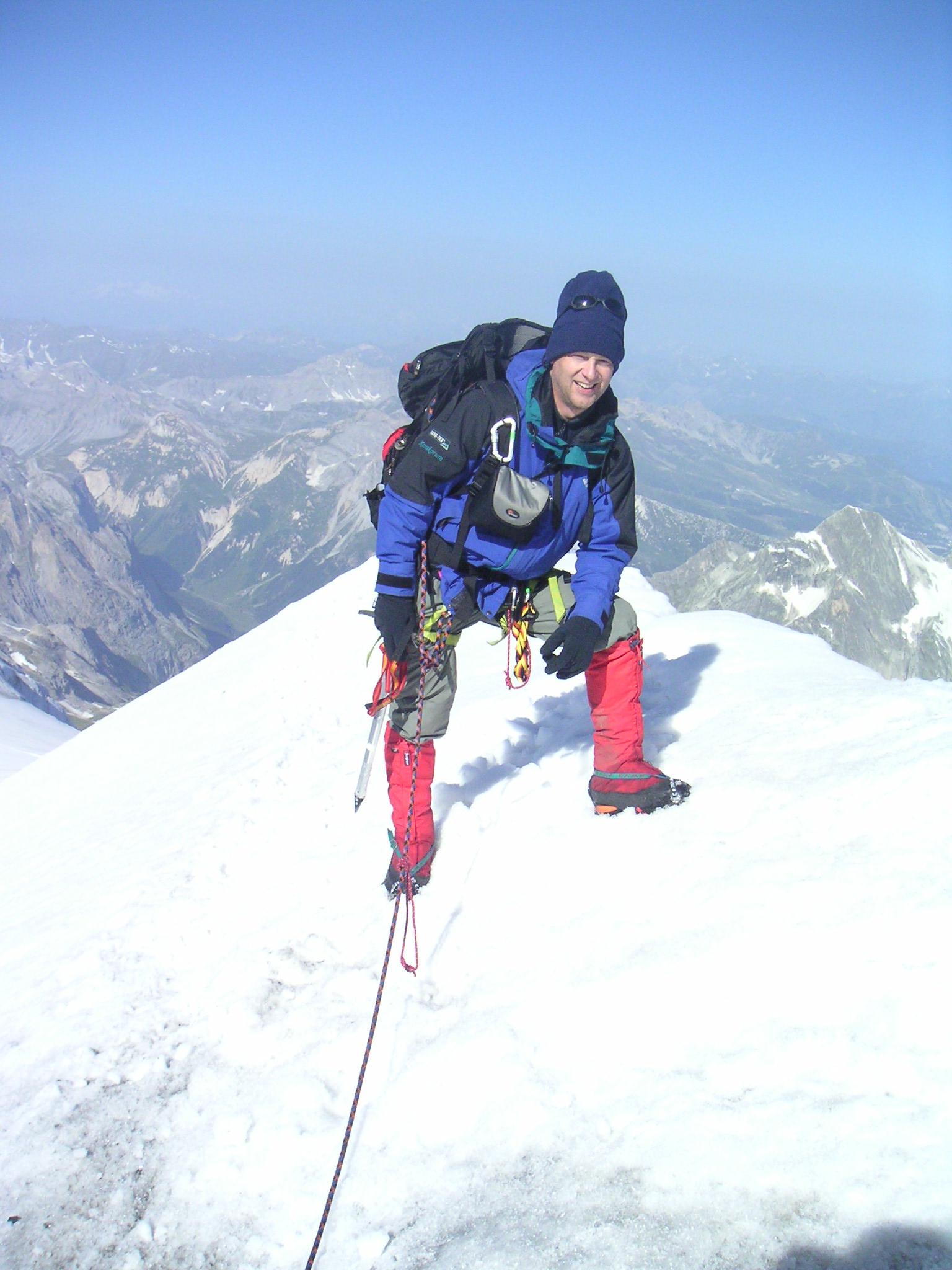Andy's Story


It's a massively invasive operation and although I did not suffer undue pain before, immediately after or since, it has impacted significantly. My operation took place early on during the pandemic and in fact, I was the first robotically assisted procedure that had taken place for several months. Two things went wrong during the operation, I was unlucky and as a consequence: a. had to have a blood transfusion due to a clip coming off, (this means I am now no longer allowed to be a blood doner); b. The initial attempt to perform the urethral anastomosis was unsuccessful and had to be redone. There is therefore more scar tissues which has led to my low level incontinence. Initially I was rendered very incontinent. This slowly improved but never fully after 18 months. Being a very active and young for my age 62 at the time, it has prevented me for engaging fully in some of the more strenuous activity: climbing, skiing, cycling etc that I expect to enjoy. Whilst I have managed the incontinence and things have a improved considerably from the first year, it still impacts on my life three years later - which is why I have just had an artificial urinary sphincter (AUS) fitted. It will be 'activated' in April 2024 and I'm hopeful. It is regarded as the 'gold standard' and I am assured I will notice significant improvement. It certainly is very clever technology and has been used as a treatment for over 40 years. I will be able to provide much more detail about this subsequent operation and its effect if required in due course. That said, being a very practical person, I have managed to adapt: I can do long walks in mountains, ski and soon I hope mountaineer again. Cycling will also be possible with the aid of a suitable bicycle seat, now readily available and used extensively by professionals. Important to keep pressure off the perineum following installation of an AUS.
Not sure
Because I would want to fully research options that may have become available since and might now mean I did not have to undergo a radical prostatechtomy. Though I am very relieved to be 100% cancer free, (in that respect the operation was a total success as the cancer was removed intact having not breached the prostate membrane, the collateral damage has affected my life. I probably would however as it clearly is the most definite solution available. I would also always elect for robotically assisted surgery. I had this and it is remarkable how small the incisions were and how little scaring remains.
By sharing your experience of prostate cancer on the infopool you can help others. Your experience is valuable as they go through their own journey. Help make the prostate cancer community stronger.